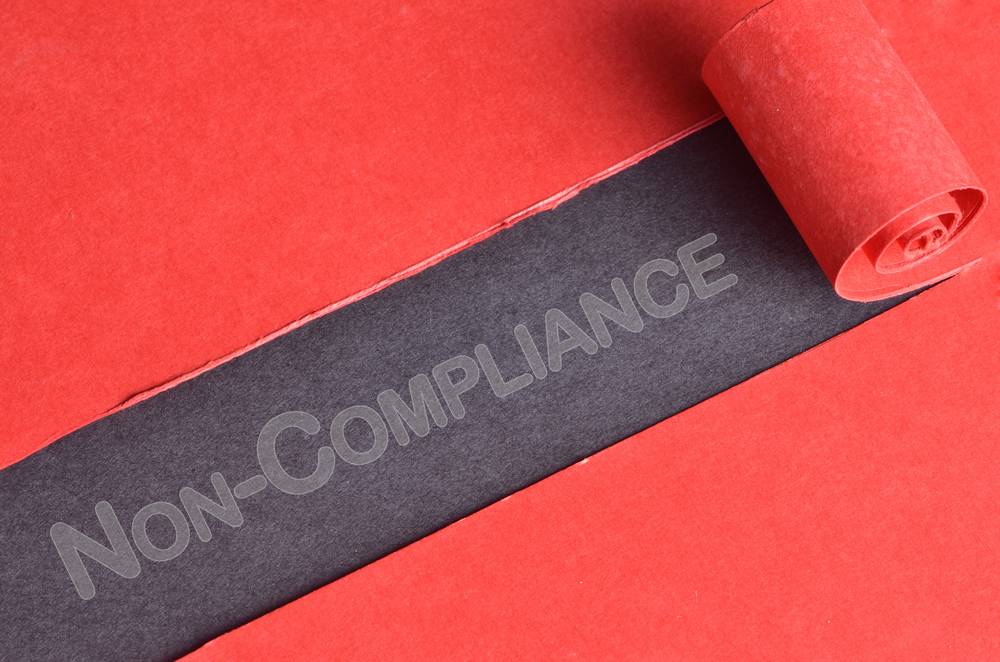Copyright Registration gives exclusive right to the creator of original work. Copyright is an exclusive right given to the original creator of Literary, artistic, musical or dramatic works and to film producers as well. It also includes rights related to reproduction, communication to the Public, translation of work. It safeguards the authors for their creations, thereby protecting their creativity.
Any type of work cannot be copyrighted as it does not give protection to ideas, concepts and Brand names, and Domain names i.e. any work which are in intangible form cannot be copyrighted.
Trademark protects products which are used to differentiate the products of one with the product of anther. It includes word, logo, symbols and Brand Names.
Copyright Registration can be done in relation to published or non published work. In the case of Registered unpublished work a manuscript is required to be sent along with the application for affixing the stamp in proof of the work having been registered. If two copies of the manuscript have been sent then one copy of manuscript duly stamped will be returned while the other copy will be retained by the office for record purpose and will be kept confidential. Inteda of a manuscript an applicant can also send the extracts from the unpublished work and can ask for the return after being stamped with the seal of corporate office. After that Applicant may apply for the changes in the register of copyright with the prescribed fees.
Registration procedure
- For the purpose of registration of copyright an application can be made in a prescribed format as prescribed in the first schedule of the rules.
- An application shall be made with the requisite fees prescribed.
- An application must be signed by the applicant in whose favour the power of attorney has been executed.
- The separate application is required to be filled for the registration of each wok.
Filing of an Application
Once Application is submitted then the applicant has to wait for the mandatory period of 30 days for any objection to come from Registry side.
If within the said 30 period no objection comes then application shall be filed then the application shall be examined by the examiner or in the case of any objections raised by the examiner for any further documentation required.
After the objection are overcome to the satisfaction of the copyright office, a Copyright Registration Certificate is issued.
A term of Copyrighted Granted
The term of protection granted to the copyright owner depends on the type of work that needs to be protected. Copyright protection granted in relation to literary, musical, dramatic or Artistic work which extends to the period of the lifetime of the author and 60 years from the year in which the author dies.










